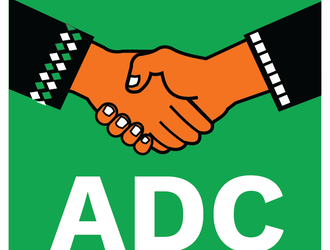In a decisive move to curb the influx of counterfeit and substandard drugs into Nigeria, the National Agency for Food and Drug Administration and Control (NAFDAC) has appointed Cotecna Inspection Services as one of its Clean Report of Inspection and Analysis (CRIA) agents in India.
The development, revealed on Sunday, marks a renewed effort by NAFDAC to tighten its pre-shipment verification protocols, especially for products originating from high-export countries like India and China.
This appointment follows the agency’s major crackdown on fake medicines, including the recent seizure and destruction of expired and substandard drugs worth over ₦1 trillion from major markets in Idumota, Onitsha, and Aba.
New Oversight Measures to Stop Unsafe Imports at the Source
Speaking during a hybrid technical session held in Lagos, NAFDAC’s Director General, Prof. Mojisola Adeyeye, underscored the urgency of reinforcing regulatory checks at the source. She stressed that falsified medicines pose a global threat but impact low- and middle-income countries, including Nigeria, most severely.
“The CRIA scheme is a frontline strategy that ensures only properly inspected and tested products are shipped to Nigeria,” she said in a statement issued by the agency’s media consultant, Sayo Akintola.
Cotecna’s role will include inspecting product quality, packaging, labelling, and verifying documentation, as well as conducting random testing. The CRIA scheme mandates that only shipments cleared through certified labs in India and China can enter Nigeria.
Digital System Introduced to Boost Port Surveillance
As part of its broader strategy, NAFDAC has also launched the Ports Inspection Data Capture and Risk Management System (PIDCARMS), a digital platform aimed at streamlining inspection reports and enhancing transparency at Nigerian ports.
Prof. Adeyeye warned against attempts to reintroduce rejected shipments into Nigeria, revealing ongoing collaboration with Indian authorities to track such consignments. “We want to know what happens to medicines rejected in India. NAFDAC will not allow them to slip through the cracks,” she asserted.
She also urged exporters of NAFDAC-regulated products to strictly comply with CRIA processes, noting that all relevant goods, except those officially exempt, must be screened by approved agents before shipment.
CRIA’s Impact Already Felt: Over 200 Suspicious Consignments Blocked
Lena Sodergren, Vice President of Verification of Conformity and Africa at Cotecna, reaffirmed the company’s commitment to quality assurance and regulatory compliance. She hailed the CRIA initiative as the continent’s most robust program for screening food, drug, and cosmetic products.
NAFDAC’s Director of Ports Inspection, Olakunle Olaniran, noted the scheme’s effectiveness, disclosing that nearly 200 consignments had been intercepted at origin due to laboratory failures, falsified documents, or other red flags.












